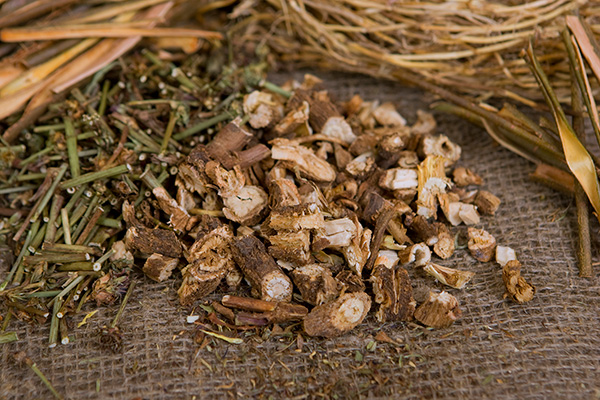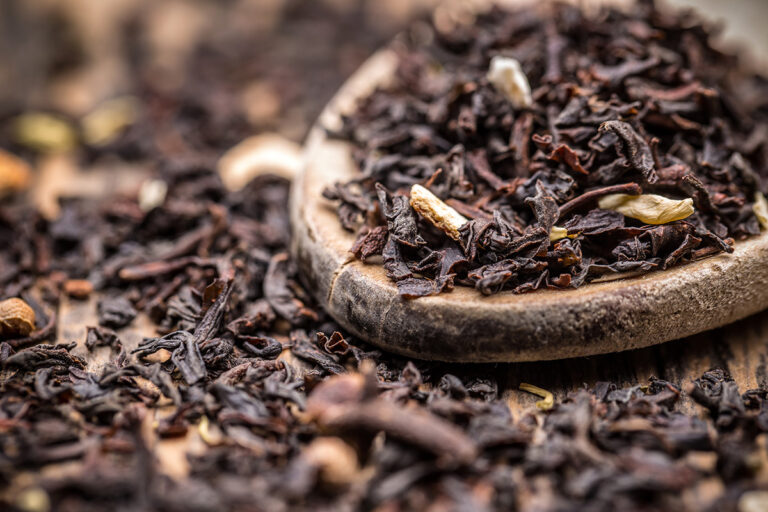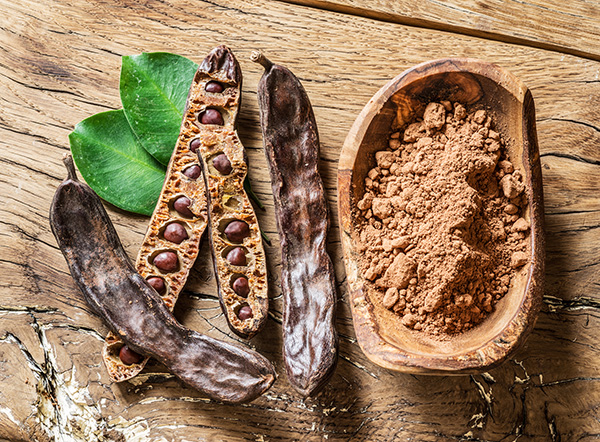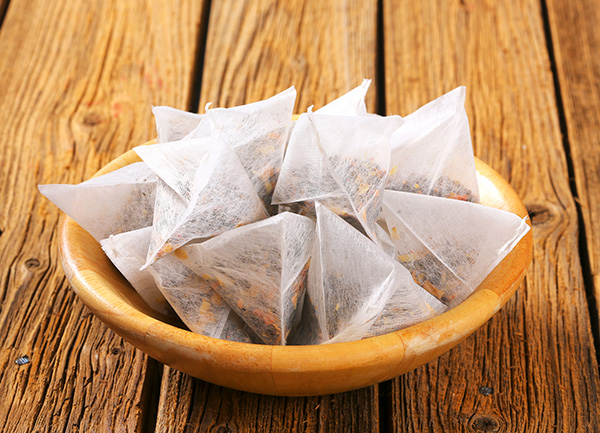Chicory Root Tea: Benefits, Side Effects, and How to Make It
Chicory root tea has been used for centuries as a natural remedy for various ailments. This caffeine-free herbal beverage offers several health benefits and is an excellent alternative to your daily coffee.

What Is Chicory Root Tea?
Chicory root tea is made from the dried and roasted roots of the chicory plant (Cichorium intybus), a perennial herb native to Europe but now cultivated worldwide. The root is often ground into a powder or used as a whole to create a robust and flavorful beverage.
Chicory root tea is caffeine-free, making it a popular alternative to coffee or other caffeinated beverages.
Potential Health Benefits of Chicory Root Tea
Supports Digestive Health
Chicory root tea is high in inulin, a prebiotic fiber that promotes the growth of beneficial bacteria in the gut. This helps support a healthy digestive system and may alleviate constipation, bloating, and other gastrointestinal issues.
Reduces Inflammation
Chicory root tea contains anti-inflammatory properties that may help reduce inflammation in the body. This can potentially help those suffering from arthritis, gout, or other inflammatory conditions.
Boosts Liver Function
Chicory root tea has been used traditionally to support liver health. Some studies suggest that the antioxidants in chicory root may help protect the liver from damage and improve its ability to detoxify the body.
A few other teas are also available to support liver function.
May Help Regulate Blood Sugar Levels
Research suggests that chicory root tea may help regulate blood sugar levels by slowing the absorption of glucose in the bloodstream. This can be beneficial for people with diabetes or those at risk of developing the condition.
Supports Weight Loss
The high fiber content in chicory root tea can help you feel full, reducing the temptation to overeat. Additionally, the potential blood sugar regulation properties may also aid in weight loss efforts.
Chicory Root Tea Side Effects
Allergic Reactions
Some individuals may experience allergic reactions to chicory root, including skin rashes, itching, or difficulty breathing. If you suspect an allergy to chicory, discontinue use and consult a healthcare professional.
Gastrointestinal Issues
The high fiber content in chicory root tea can cause gas, bloating, or stomach cramps for some people, particularly when consumed in large quantities. To minimize these side effects, start with smaller servings and gradually increase as tolerated.
Interactions with Medications
Chicory root tea may interact with certain medications, including blood thinners, diabetes medications, and lithium. If you are taking any of these medications, consult with your healthcare professional before incorporating chicory root tea into your diet.
Who Should Not Drink Chicory Root Tea?
Individuals with allergies to ragweed, daisies, or related plants should avoid chicory root tea, as it may cause an allergic reaction.
Pregnant or breastfeeding women should also consult their healthcare provider before consuming chicory root tea, as its safety during pregnancy and breastfeeding is not well-established.
How to Make Chicory Root Tea
- Begin by obtaining either dried, roasted chicory root or chicory root powder. You can find these at health food stores and online retailers or make your own by drying and roasting the roots of the chicory plant.
- For each cup of tea, use 1 teaspoon of chicory root powder or 1 tablespoon of dried, roasted chicory root.
- Boil water and pour it over the chicory root, allowing it to steep for 5-10 minutes.
- Strain the liquid and serve hot. You may add honey or a splash of milk to taste if desired.
While preparing chicory root tea, it’s essential to follow the manufacturer’s guidelines on the packaging if you’re using a branded product bought online or at a local store.
Final Thoughts
Chicory root tea offers numerous health benefits, including supporting digestive health, reducing inflammation, and promoting liver function. However, it’s essential to be aware of potential side effects and interactions with medications.
FAQ
What Does Chicory Root Tea Taste Like?
Chicory root tea has a slightly bitter, earthy taste, with a hint of sweetness. Its flavor is often compared to that of coffee, making it a popular coffee substitute.
When Should I Drink Chicory Root Tea?
Chicory root tea can be enjoyed at any time of the day, but it’s particularly popular as a morning beverage due to its coffee-like flavor. Because it’s caffeine-free, it can also be enjoyed in the evening without disrupting your sleep.
How Often Can You Drink Chicory Root Tea?
There’s no strict rule on how often you can drink chicory root tea, but moderation is key. Start with one cup per day and assess your tolerance. If you experience no adverse side effects, you may gradually increase your intake.
Remember to follow the manufacturer’s guidelines if you’re using a branded product.
How Long Can You Drink Chicory Root Tea Safely?
There’s no specific timeframe for safely consuming chicory root tea. As long as you drink it in moderation and do not experience any adverse side effects, you can enjoy it as part of your regular diet.






